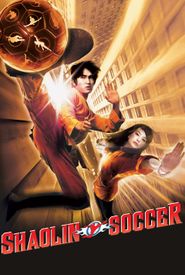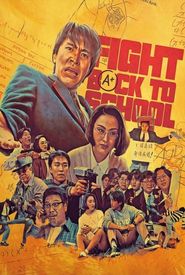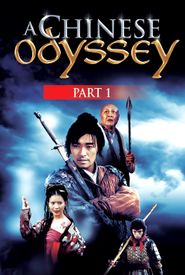Ng Man Tat, a native of Fujian province, was a proud alumnus of the esteemed TVB Television training program, class of 1974, where his exceptional talents were swiftly recognized. He soon made a name for himself in the Hong Kong television landscape, initially appearing in the popular variety show "Enjoy Yourself Tonight" and subsequently becoming a regular fixture in long-running serials such as "Chor Lau Heung" and "Police Cadet 84".
However, it wasn't until the dawn of the 1990s that Ng Man Tat truly cemented his status as a household name, courtesy of his unforgettable turn as the trusty sidekick to the incomparable Stephen Chow in the Cantonese dialect blockbuster "All for the Winner", a film that showcased his remarkable comedic timing and cemented his place as a beloved figure in the Hong Kong entertainment industry.


























































